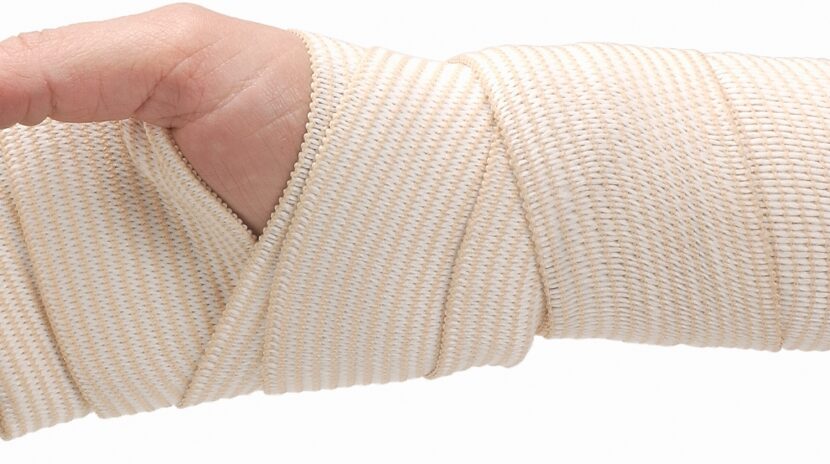As self-driving technology continues to expand across the U.S., we’re seeing more self driving car crash cases involving serious injuries. Whether it’s a Tesla Autopilot failure, a Waymo robotaxi collision, or a partially autonomous vehicle that didn’t react in time, these accidents can cause severe and sometimes catastrophic harm.
Even though these vehicles are marketed as safer alternatives to human drivers, real-world crashes show that automation doesn’t eliminate injury risk — it just changes how accidents happen and who might be at fault.
Here are the most common injuries resulting from a self driving car crash, and what victims should know about their legal rights.
1. Whiplash and Neck Injuries
Like traditional rear-end collisions, self driving car crashes often cause whiplash, a soft-tissue injury that occurs when the head jerks suddenly forward and backward.
Autonomous vehicles may brake unexpectedly or fail to recognize stationary objects, leading to sudden stops that throw passengers violently in their seats.
Symptoms include:
- Neck pain or stiffness
- Headaches
- Dizziness or blurred vision
- Tingling in shoulders or arms
Even minor whiplash can require weeks of therapy — and insurers may dispute these claims unless properly documented.
Head and Brain Injuries
When the vehicle’s AI misjudges speed or distance, passengers may hit their head against the seat, door, or dashboard. In severe self driving car crash cases, these impacts cause:
- Concussions
- Traumatic brain injuries (TBIs)
- Cognitive and memory problems
These injuries may not appear immediately but can have lasting effects on concentration, balance, and emotional health. Anyone in a self-driving car accident should get prompt medical attention — even if symptoms seem mild.
3. Fractures and Orthopedic Injuries
High-speed autonomous vehicle crashes can cause broken bones, particularly in the:
- Arms and wrists (from bracing on impact)
- Ribs and sternum (from seatbelt pressure)
- Legs and ankles (from dashboard intrusion)
Because many self driving car crash scenarios involve delayed braking or incorrect collision avoidance, these injuries often occur at full highway speeds — resulting in multiple fractures or the need for surgical repair.
4. Chest and Internal Organ Injuries
When a vehicle misreads traffic or fails to respond properly, side-impact or front-end collisions can crush or compress the chest cavity. This can lead to:
- Bruised or fractured ribs
- Internal bleeding
- Lung or heart trauma
These injuries are life-threatening and often require emergency surgery.
5. Spinal Cord Injuries and Paralysis
Self driving vehicles rely on AI for steering, braking, and acceleration. A malfunction or delayed human reaction can lead to rollover or high-impact crashes — the kinds that cause:
- Herniated discs
- Nerve compression
- Partial or total paralysis
Spinal injuries can permanently change a victim’s quality of life and lead to significant long-term medical costs.
6. Emotional and Psychological Trauma
Victims of a self driving car crash often struggle with more than just physical injuries. The experience of being unable to control or predict the car’s behavior can cause:
- Post-traumatic stress disorder (PTSD)
- Anxiety about driving or riding in cars
- Sleep disturbances and flashbacks
These emotional effects are compensable damages under personal injury law — especially when supported by mental health documentation.
Why These Cases Are Different
Self-driving car crash cases are more complex than traditional auto accidents because liability may involve multiple parties:
- The vehicle manufacturer (design defects)
- The software company (coding or algorithm errors)
- The sensor manufacturer (camera or radar failure)
- The fleet operator or human monitor (failure to intervene)
Proving who is at fault requires technical evidence such as event data, system logs, and sensor diagnostics — information your attorney can demand through discovery.
Injured in a Self Driving Car Crash?
If you’ve been hurt in a self driving car crash — whether as a driver, passenger, or pedestrian — you have the right to pursue compensation. These cases require both personal injury expertise and knowledge of autonomous vehicle technology.
👉 Contact us today for a free consultation about your self driving car crash claim. Call 203-885-0500 or use the contact form below.

